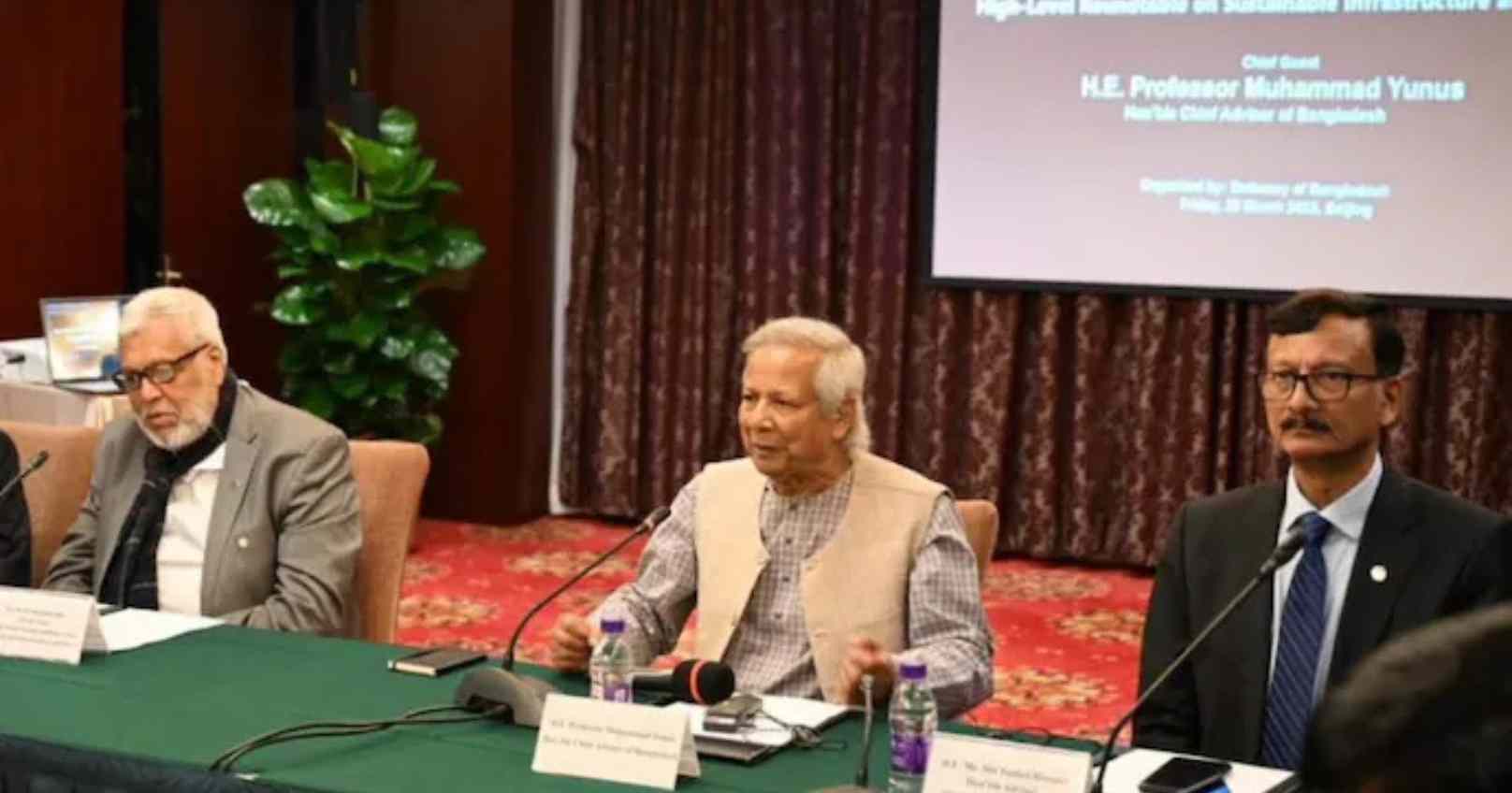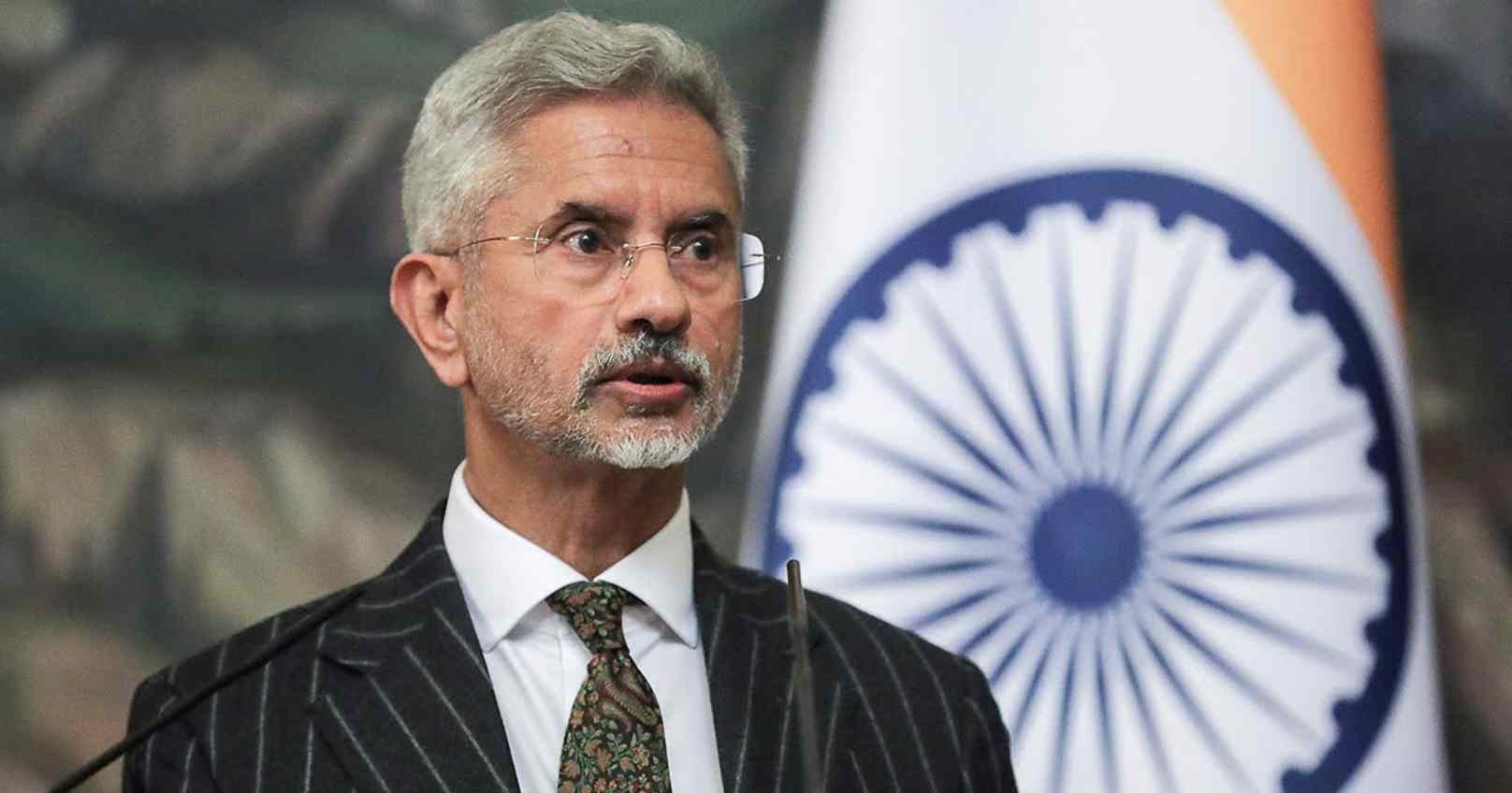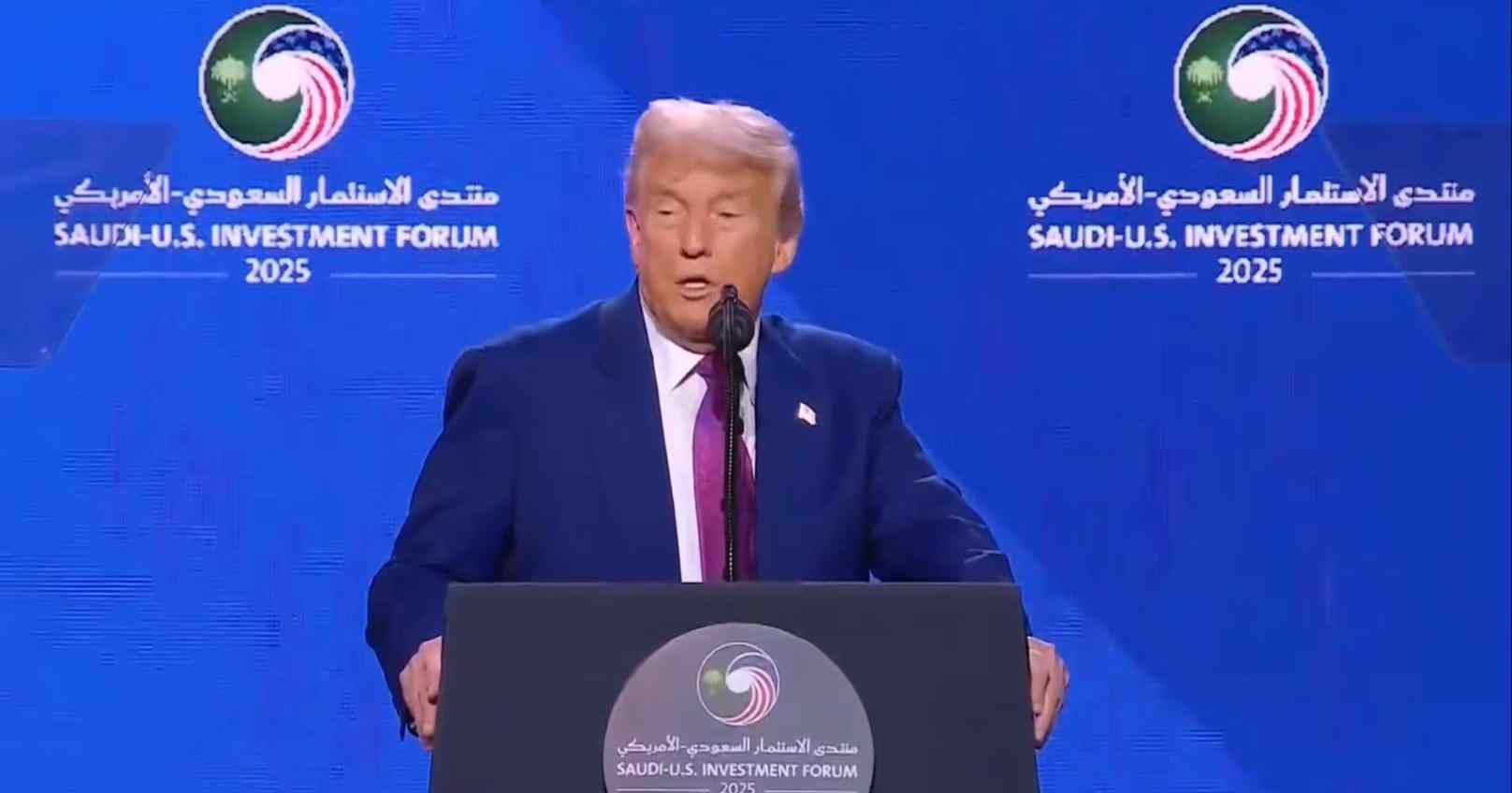During his four-day visit to China, Bangladesh's interim government head, Muhammad Yunus, made a proposal to Beijing that unexpectedly referenced India's seven northeastern states. Speaking at a high-level roundtable discussion on 'sustainable infrastructure and energy' in Beijing, Yunus highlighted that these states are landlocked and suggested that China could leverage Bangladesh as a strategic gateway to extend its influence in the region.
India closely watches China's growing presence in its neighborhood, particularly in Bangladesh, given its strategic significance. Several parts of Bangladesh are near the Siliguri Corridor, also known as the Chicken's Neck, a critical strip of land linking India's northeastern states to the rest of the country.
Yunus emphasized Bangladesh's geographic advantage, calling it the "only guardian of the ocean" in the region. He urged Beijing to establish an economic presence in Bangladesh, stating, "The eastern part of India, known as the Seven Sisters, is a landlocked region. They have no direct access to the ocean. This presents a major opportunity that could serve as an extension of the Chinese economy."
Beyond India's northeastern states, Yunus also mentioned Nepal and Bhutan while making his case for Chinese investments in Bangladesh. He noted that Nepal and Bhutan possess vast hydropower resources that could be harnessed for regional development. "Bangladesh provides access to the ocean, making it a crucial hub for economic expansion. We are the gateway to the world," he added.
Experts Question Yunus' Remarks on Indian States
Yunus' comments, particularly his reference to India's northeastern states in an investment pitch to China, sparked concerns among Indian experts and analysts. Indian economist Sanjeev Sanyal, a member of Prime Minister Narendra Modi’s Economic Advisory Council, questioned the relevance of Yunus' remarks, asking on social media, "China is welcome to invest in Bangladesh, but what exactly is the significance of 7 Indian states being landlocked?"
Chris Blackburn, a political and security analyst, also expressed concerns, stating, "It is very disturbing and needs clarification. Is Yunus publicly calling for China to get involved in the Seven Sister states of India?"
China has been expanding its strategic infrastructure near India’s northeastern borders, including building roads, dams, and even settlements close to Arunachal Pradesh, a region it claims as "South Tibet." In response, India has been ramping up its border infrastructure, notably through the ambitious Arunachal Frontier Highway (NH-913), aimed at both fortifying defenses and boosting development in remote areas.
Was Yunus' China Visit a Diplomatic Signal to India?
Yunus' official visit to China, which began on March 26—Bangladesh’s Independence Day—was seen as a carefully timed diplomatic move. The trip, which included meetings with Chinese President Xi Jinping, resulted in multiple memoranda of understanding (MoUs) being signed, further strengthening ties between the two nations.
This visit also coincided with the 50th anniversary of diplomatic relations between China and Bangladesh, marking a significant moment in their bilateral ties. Dhaka's top foreign ministry official, Mohammad Jashim Uddin, remarked ahead of the visit, "By choosing China for his first state visit, Muhammad Yunus is sending a message."
Maritime cooperation was a focal point of Yunus' trip, with Bangladesh inviting Chinese firms to modernize Mongla Port and expand the Chinese Economic and Industrial Zone (CEIZ) in Chattogram. In return, China pledged major financial assistance, including $400 million for Mongla Port, $350 million for CEIZ, and $150 million in technical aid, with additional grants expected.
With Bangladesh's economy struggling, securing Chinese investments is a crucial priority for Yunus. However, his unexpected reference to India's northeastern states in his economic pitch to Beijing has raised questions about Dhaka’s long-term strategic intentions.







